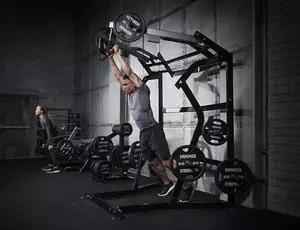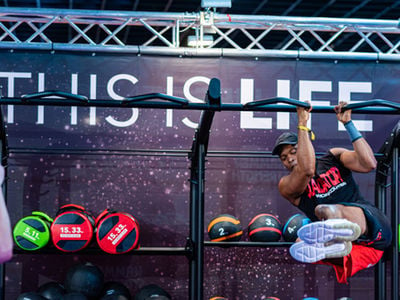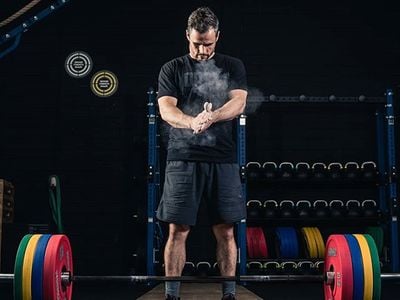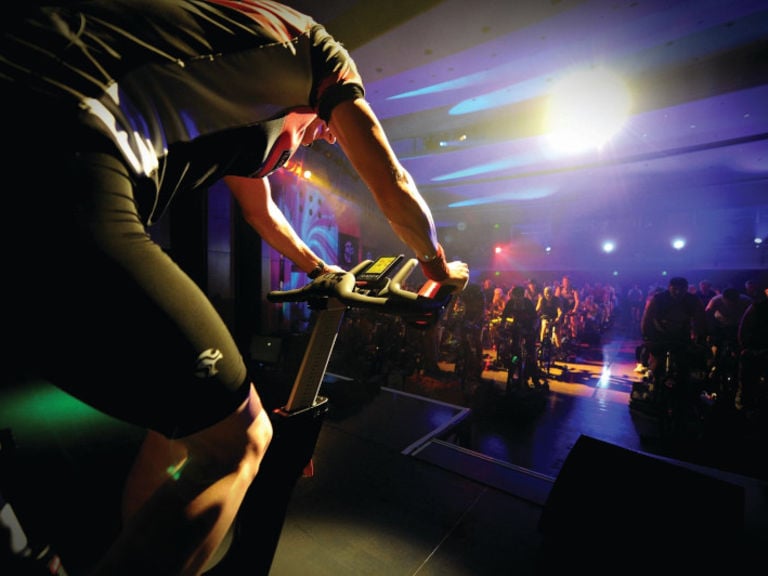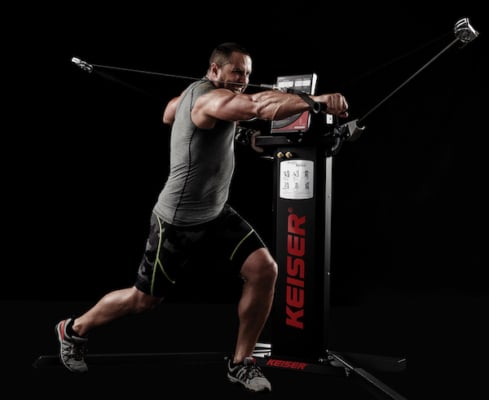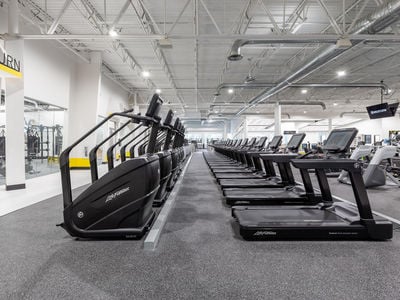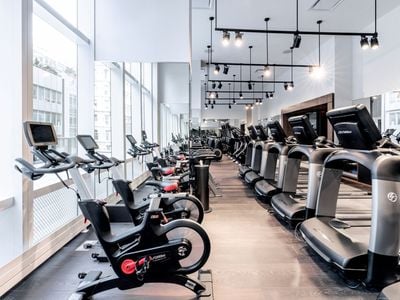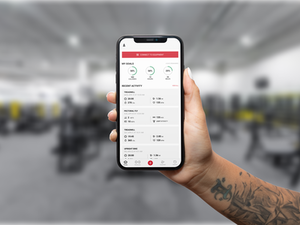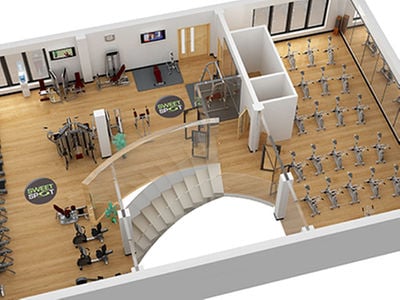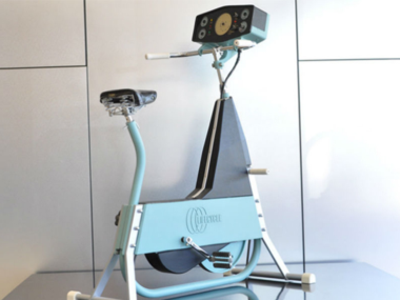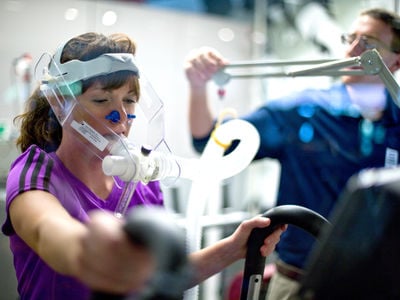You can get big and strong from lifting heavy OR light weights.
For people both new and experienced with training, it can be difficult to know how heavy to go when you’re trying to build muscle and get stronger.
You know the dilemma: go too light and you’re not going to make much progress because your muscles aren’t being challenged; but go too heavy and you might be cheating yourself out of muscle gains by sacrificing good form and technique.
Researchers from McMaster University in Canada looked into this very issue.
The study
The 2016 study took participants who had training experience and divided them into two group: heavy training and light training.
The heavy training group lifted weights up to 90 per cent of their one-rep max (1RM), a measure of a the maximum weight a person can lift for one full rep. The light training group lifted weights up to only 50 per cent of their 1RM. In addition, the heavy group performed fewer reps (in the 8–12 range), while the light group performed more reps (in the 20–25 range).
Each training group followed a 12-week full-body workout program that they performed four times a week.
After the 12-week training period was up, researchers took blood samples and muscle biopsies.
The results showed that both groups had almost identical results.
Why? The researchers believe that your muscles can get just as tired by lifting lighter loads for more reps as they do from lifting heavy loads for fewer reps.
“Fatigue is the great equalizer here,” said Professor Stuart Phillips, one of the study’s authors. “Lift to the point of exhaustion, and it doesn’t matter whether the weights are heavy or light.”
So, as long as you’re challenging yourself (and your muscles) in the gym, don’t get too caught up with how heavy you’re lifting.
This is also good news for trainees who are injured and need to ease into training with some rehab work.
Whether you choose to pump out a lot of reps on the Pectoral Fly or do some heavy bench presses, as long as your muscles are fatiguing, you’re probably making progress towards your fitness goals.
Reference
Robert W. Morton, R.W. et al. (2016.) ‘Neither load nor systemic hormones determine resistance training-mediated hypertrophy or strength gains in resistance-trained young men.’
Journal of Applied Physiology. Published 12 May 2016. DOI: 10.1152/japplphysiol.00154.2016

